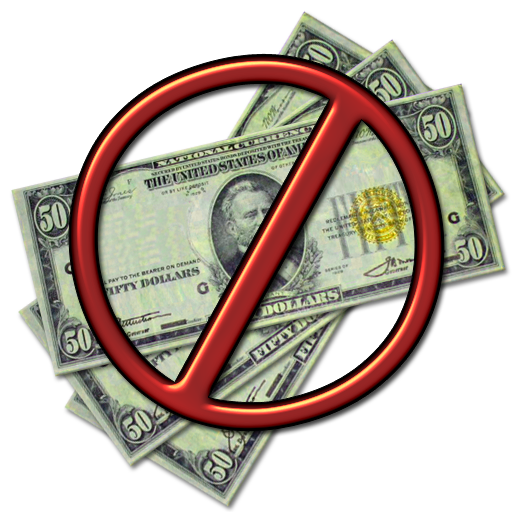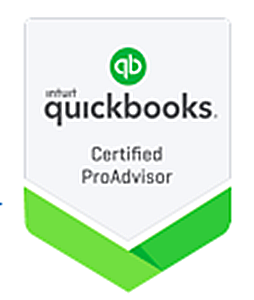Who Isn’t Eligible for the Stimulus Check?
The only individuals who aren’t eligible for the stimulus check are those without Social Security numbers (nonresident aliens) and those who are claimed as a dependent on someone else’s tax return. (A prior version of the bill required a tax liability from a previous year or a minimum income, but the final version does not.)
What about children? Parents will get an extra $500 for each child who hasn’t reached age 17 (anyone who qualifies for the child tax credit), with no limit on the number of children. Most parents claim their 17-, 18-, and 19-year-olds on their tax return, but these children are counted as “other dependents,” and parents will not get an additional $500 for these children in their stimulus check. Despite this, these teenagers will not be able to collect a stimulus check on their own as long as they are claimed as “other dependents” on their parents’ tax return.
What about people who don’t pay taxes? There is no requirement that you paid taxes in 2018 or 2019. This means that even those people whose only source of income is Social Security retirement or disability benefits, or Supplemental Security Income (SSI), are eligible for the $1,200 payment. (And for eligibility purposes, the stimulus check won’t count as income to SSI recipients, and won’t count as resources unless an SSI recipient has money left over from the check 12 months after receiving it.)
Those who received Social Security retirement, dependents, survivors, or disability benefits (or Railroad Retirement benefits) in 2019 will automatically get the stimulus check. Others who haven’t filed tax returns for the 2018 or 2019 tax year will get the stimulus check only if they file a tax return or submit non-filer information with the IRS (more on this below).
Those collecting unemployment benefits are eligible to receive the stimulus payment.
Will Some Individuals Get Reduced Checks?
Higher-income earners will get less than $1,200 per person, and higher-income families will get less than $500 per child.
What number does the IRS look at for income? The IRS uses your income from 2019 (if you filed your 2019 tax return already), or your 2018 income (if you haven’t). The number the IRS will look at is your adjusted gross income, which is your income without 401(k) contributions but before your standard or itemized deductions are taken out. You can find your adjusted gross income on line 8b of your Form 1040 for 2019 or line 7 of your Form 1040 for 2018.
How much are checks reduced by? Single people who make over $75,000 will have their checks reduced by 5% of the amount over $75,000, and married people who file joint returns will have their checks reduced by 5% of the amount over $150,000. Taxpayers who file as head of household will have their checks reduced by 5% of the amount over $112,500. The $500 that parents receive for each child is subject to the same reduction as well.
Note that the stimulus payments are not taxable and are not subject to garnishment for back taxes or student loan defaults. However, the same is not true for past due child support payments. If your state has reported your overdue child support to the Treasury Department, your stimulus check will be reduced by the amount you owe. Read our article on child support offsets for more information, including how to find out whether your name is on the Treasury Offset list.
When Will I Get the Stimulus Check?
For those who have e-filed tax returns with the IRS in the past and provided the IRS with their bank account information, the IRS started rolling out direct-deposits April 10. It will take several days for all individuals in this category to get payments direct deposited.
The IRS expects that it will take several weeks to process payments for Social Security and Railroad Benefit recipients who have not filed tax returns.
Other individuals will receive their payments by mail. The IRS expects to start mailing checks April 24, starting with the low-income individuals, and expects to continue mailing checks through September.
How Can I Get My Stimulus Check Quicker?
Some individuals face an even longer wait if they don’t take steps to alert the IRS to their circumstances.
What if I haven’t filed a tax return recently? Those who haven’t filed a tax return, including those who earn little income and recent college graduates, face the possibility of having to wait until 2021 to get their stimulus rebate. Filing a tax return for 2019 taxes or submitting “non-filer” information to the IRS (see below) will ensure they will receive their stimulus payment this year.
And while individuals who received Social Security benefits in 2019 will automatically get the stimulus money, they will not get $500 for each child under 17 unless they have filed a tax return in 2018 or 2019 or submit non-filer information to the IRS. The same goes for Social Security recipients who first started to receive benefits in 2020.
If you don’t generally file tax returns, the IRS has partnered with two free websites for you to enter your personal information into a “simple tax return” to get the stimulus payment: Free File Fillable Forms and TurboTax. When you go to Free File’s non-filer page or TurboTax’s stimulus registration page, you’ll be asked to create an account. Then you’ll provide your Social Security number, driver’s license number, filing status, and banking information (if you want direct deposit).
What if I’ve never used direct deposit for a refund? For individuals who do file tax returns, the IRS is developing an online portal called “Get My Payment.” Due out in mid-April, the Get My Payment application will allow filers to provide direct deposit information to the IRS rather than waiting for a check by mail. The application is also expected to allow users to check their payment status.
What if I’ve moved? If you moved since filing your last tax return, you may have an even longer wait. You can always file a change of address form with the IRS on Form 8822—or if, you haven’t filed your 2019 taxes yet, filing your return would also update your address (and potentially your direct deposit information) with the IRS.
What Type of Credit Is the Stimulus Payment?
The stimulus payments, which the IRS calls “economic impact payments,” are part of a $2 trillion package to help the economy bounce back from the economic fallout of the coronavirus pandemic. The payment you will receive is actually an advance payment of a refundable credit that will be calculated with your 2020 taxes (the tax return you need to file by April 15, 2021).
If you made too much money in 2019 or 2018 to get the full stimulus payment, but you end up making less income in 2020 than you did in prior years, you could get a stimulus payment as a rebate in 2021. Luckily, if you make more money in 2020 than you did in 2019 or 2018, you should not have to pay back part or all of your stimulus payment in 2021.



